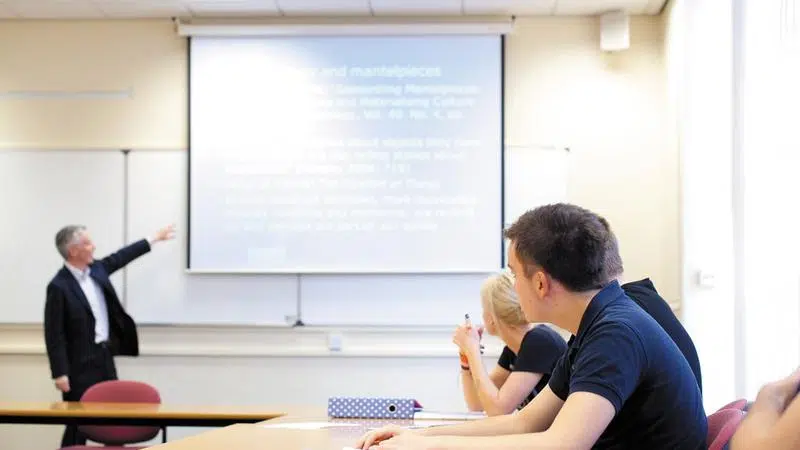
CHARBONNEAU: Junk publishers threaten what we know
MOST OF WHAT we know is not from our day-to-day experience. If I were to trust my intuition, I would believe that the Earth is flat. I depend on others who have studied our planet to inform me.
The only way we can separate fake news from genuine knowledge is through the meticulous investigations of others. Regrettably, junk publishers give me reason to doubt the reliability of what should be indisputable.
Driven by the dictum of “publish or perish,” otherwise honest scholars cut corners and submit to junk publishing.
“If a critical mass of scientists become untrustworthy,” say engineers Marc Edwards and Siddhartha Roy who researched the problem, “a tipping point is possible in which the scientific enterprise itself becomes inherently corrupt and public trust is lost, risking a new dark age with devastating consequences to humanity (Walrus, June, 2019).”


